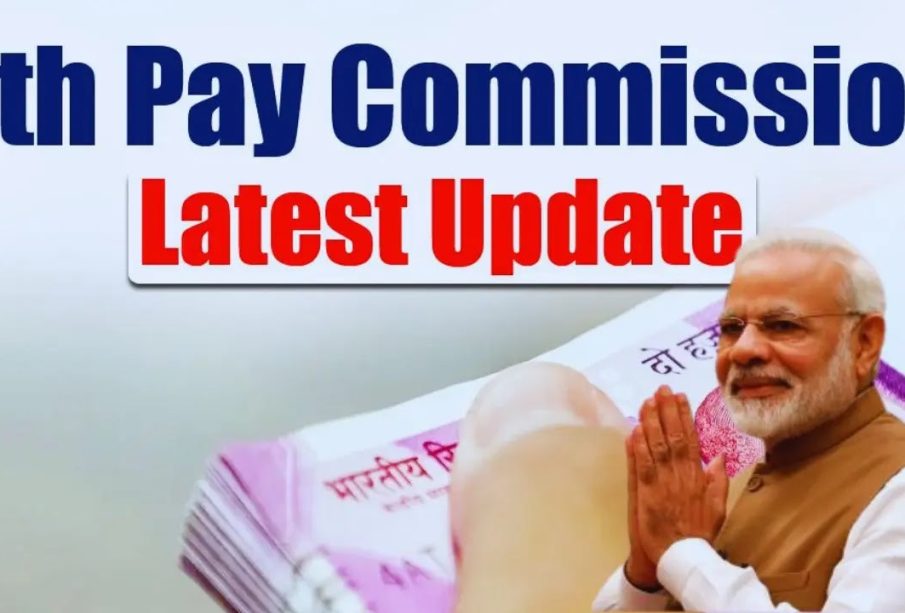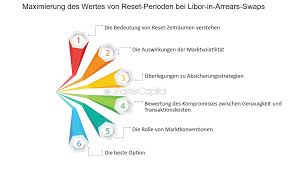Anticipating the 8th Pay Commission for Government Employees

Introduction
The 8th Pay Commission for government employees has become a crucial topic of discussion among public sector workers and policymakers alike. With the rising cost of living and inflation, the necessity for a review of salary structures has gained urgency. The recommendations of the Pay Commission are expected not only to affect the financial well-being of millions of government employees but also influence the overall economy.
Current Context
The last Pay Commission, the 7th Pay Commission, was implemented in 2016 and brought substantial changes, including a significant pay hike for employees. However, with the advent of heightened inflation rates and economic shifts impacted by global events and the ongoing pandemic recovery, many employees are calling for a reevaluation of pay scales. The government has yet to officially announce the formation of the 8th Pay Commission, but there is optimism regarding its establishment in the near future as per various reports.
Key Expectations from the 8th Pay Commission
As the discourse on the compensation package evolves, the following key areas are being looked upon by workers:
- Increased Salary and Allowances: One of the foremost expectations is a marked increase in basic salaries and allowances, including the house rent allowance (HRA), which has remained stagnant for a significant period.
- Uniformity Across States: Employees hope for a more standardized pay scale across various states to ensure equality and fairness in compensations.
- Social Security Measures: There is a strong demand for improvements in social security measures, including pension schemes, accident benefits, and health insurance for retired and current employees.
- Implementation Timeline: Government employees are eager to know whether the recommendations will be enforced timely to match the immediate economic challenges they face.
Government’s Stance and Future Implications
While the government has remained relatively silent on the specifics of the 8th Pay Commission, it recognizes the issues surrounding employee compensation. Economic experts suggest that implementing a substantial pay revision could stimulate consumer spending and bolster the economy. However, it may also lead to increased expenditure for the government at a time when fiscal measures are being closely monitored.
Conclusion
The anticipation of the 8th Pay Commission highlights the ongoing need for revisions in the pay structures of government employees, considering the prevailing economic conditions. While the timeline and exact changes remain uncertain, it is clear that the implications of this commission will be profound, affecting not just the employees but the economy at large. Government employees and unions will continue to press for an expedited review process, emphasizing the significance of fair compensation in contributing to economic stability and growth.









